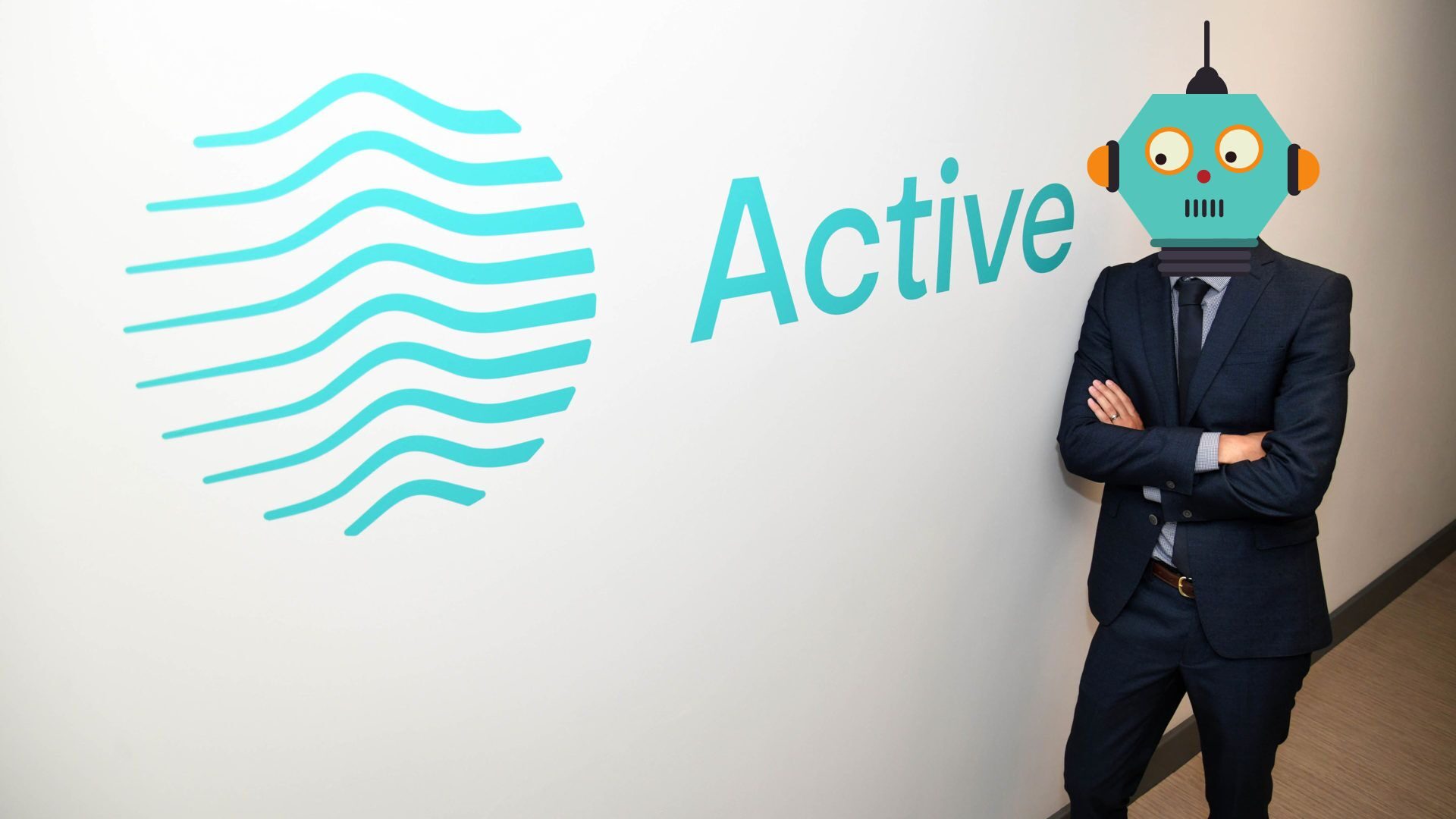
Andrew Haley gives his thoughts on what AI could mean for financial planning.
The year is 2025 and as a client of Active Chartered Financial Planners we have just concluded your annual financial planning review meeting.
Before you have even left the building, our AI (Artificial Intelligence) assistant has emailed us both with the meeting notes, the updated cash flow forecasts and a summary of the agreed actions. Your adviser looks these over to check we’re covering everything and to make any adjustments necessary. The AI assistant then sends you a notification to digitally sign off on the instructions to claim your ISA (individual savings account) allowance, make the agreed pension contribution and rebalance the investment portfolio. Once signed, AI plugs into your investment platform and takes care of everything.
Perhaps I’ll be wrong about the timeframe for this becoming reality, but I don’t believe I’ll be far off in terms of the experience.
Artificial Intelligence is here, and the pace of development is incredible. AI isn’t exactly new, and I’m sure most of us will have engaged with Alexa or Siri by now. But the launch of ChatGPT in November last year really kicked things up a notch. The system reached 100 million users in just two months (it took Netflix 10 years). If you have yet to encounter ChatGPT, it is a responsive chat system developed by OpenAI that can generate its own responses to almost anything it is asked.
Hey ChatGPT, tell me a joke about financial advice.
ChatGPT: “Why did the financial adviser bring a ladder to the meeting? Because they wanted to help their clients ‘climb’ the ladder of success, one step at a time!”
Ok, so I don’t think comedians should be too worried about being replaced by AI just yet, but the ability for a computer system to ‘think’ (generate new ideas and content) clearly has big implications for all of us.
Just this year Adobe Photoshop demonstrated their mind-blowing Generative Fill technology, which can generate and edit images with simple text prompts. Essentially, dream it, type it, see it. Images, music, and even 3D models can be generated by AI today. And with the announcement of Apple’s Vision Pro headset, it shouldn’t be long before we all resemble Tom Cruise in Minority Report.
Many believe AI can offer the next great revolution, much like the improvements we witnessed through the Industrial Revolution or the age of the internet. As a child that used dial-up in the 90s and barely leaves the internet in 2023, I certainly appreciate that new technology can shape the future.
Yet nothing of this magnitude would enter our lives without risks and disruption. You may have heard that Elon Musk and others called for a pause on AI back in March citing risks to society. Jobs will naturally be displaced, and we can’t say for sure yet whether the impact of AI will be positive for humanity. In financial services, the data protection and security hurdles are self-evident. If someone can mimic your voice and appearance with AI, we all need to increase our safeguards. And for the review meeting experience I described at the outset to become a reality, regulation will need to keep up the pace.
But the possibilities are exciting and endless:
- In education, every child could have their own personal tutor that knows all, is infinitely patient, and that adapts its teaching style to the individual.
- In medicine, the speed at which we reach scientific breakthroughs and new technologies could be drastically increased. Diagnosing diseases, suggesting treatments and predicting patient outcomes will be commonplace.
- Self-driving cars are becoming a reality. As a father of two girls, I think I just found my excuse to decline Dad’s Taxis.
- You’ll be able to talk to anyone in any language, all instantly translated via AI.
- Across all sectors, AI can offer an assistant/coach/mentor. Think of the potential in your own profession or industry.
From a financial planning point of view, AI can help in freeing human advisers from much of the paperwork we get trapped in currently. AI can handle the number-crunching and administrative background work, allowing us to spend more time with our clients and focus on what matters to them most. ChatGPT isn’t quite ready to replace the human adviser just yet as it will confidently spout incorrect information without knowing it is doing so. A huge part of the value a human adviser can offer is knowing which questions to ask, seeing the blind spots, and bringing the knowledge and experience to filter out the incorrect information available online. I’m looking forward to embracing AI and allowing technology to enhance what we already do best here at Active Chartered Financial Planners.
Visit the Active website or follow us on Twitter, Facebook & LinkedIn for regular updates



